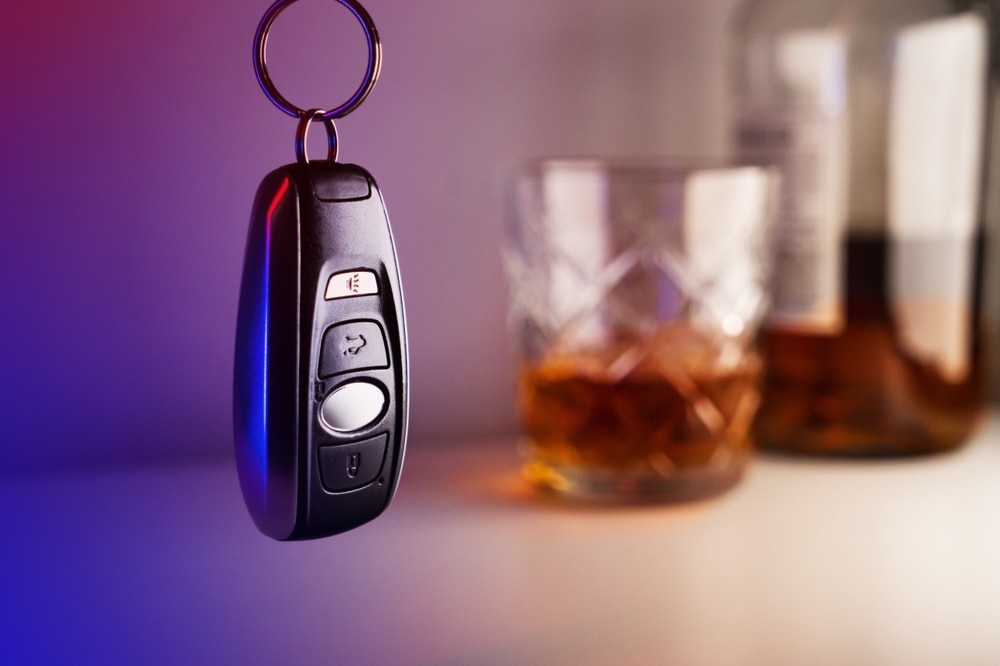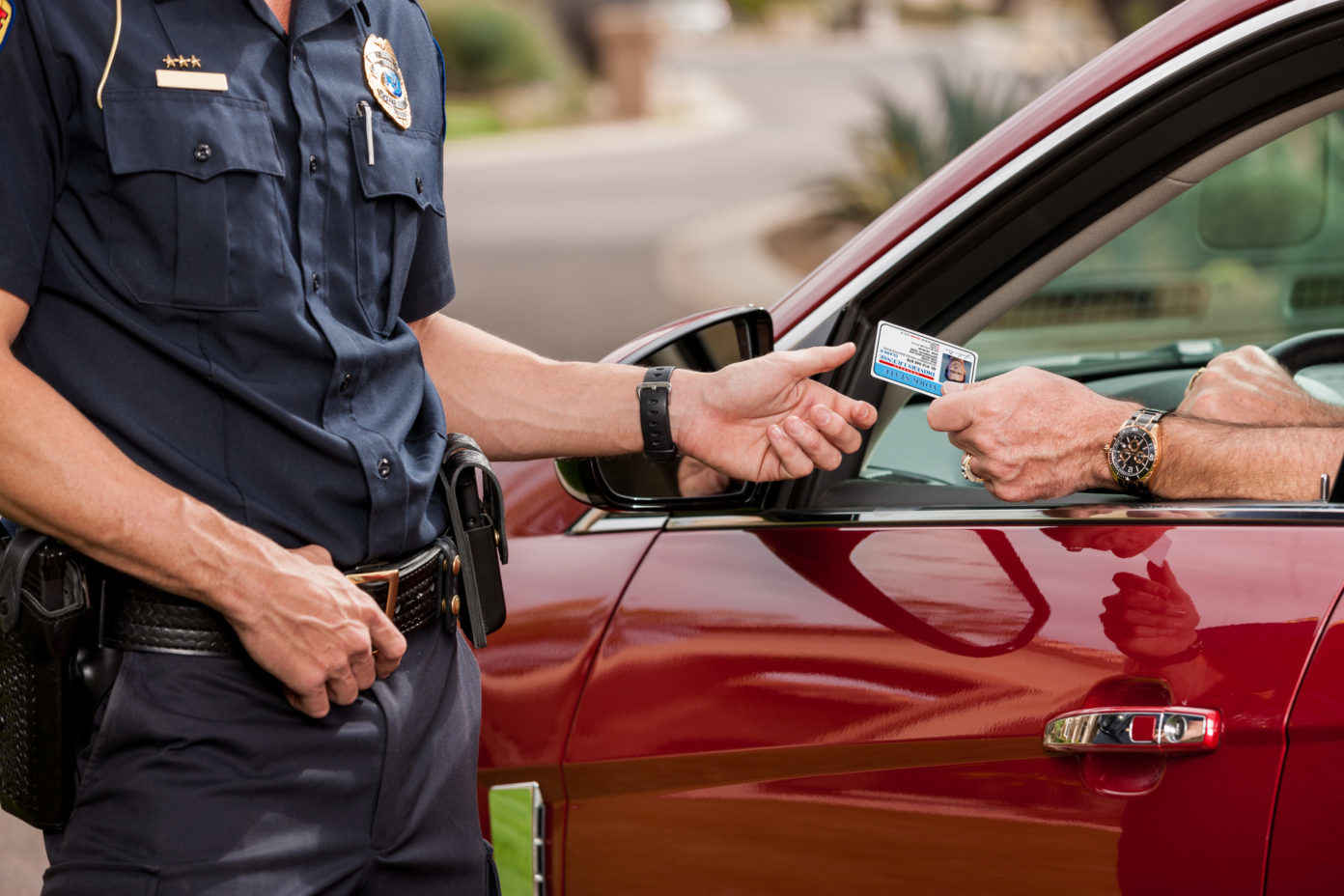When most people hear the term “DWI,” they often imagine flashing lights, breath tests, and someone being hauled off in handcuffs. However, what many don’t realize is that not every DWI charge is treated the same. If you’ve recently found yourself wondering about a DWI misdemeanor, this guide will walk you through exactly what you need to know. It covers what the charge means, what happens next, and what you can expect if you’re facing one.
A DWI misdemeanor is more common than you might think. In fact, thousands of drivers each year receive this charge after a routine traffic stop involving alcohol or drugs. Just because it’s labeled a misdemeanor doesn’t mean the outcome is light or forgettable. On the contrary, a DWI misdemeanor can follow you for years if you don’t address it the right way. This guide will help you understand the charge clearly so you can act quickly and wisely—either for yourself or for someone you care about.

What Is a DWI Misdemeanor?
Let’s start by breaking down the basics. A DWI misdemeanor refers to a criminal charge for driving while intoxicated that does not meet the criteria for a felony. It generally applies to first-time offenders or cases that didn’t involve injury or property damage. The impairment may come from alcohol, illegal drugs, or even prescribed medication, depending on the situation.
In most states, an officer can charge you with a DWI misdemeanor if your blood alcohol content (BAC) is 0.08% or higher. In some cases, even if your BAC is under that limit, the officer’s observations can be enough to justify the charge if they believe your mental or physical faculties are impaired.
Real-Life Example: A Night That Changed Everything
Take Daniel, a 27-year-old accountant living in Austin, Texas. He had two cocktails at a professional networking event and felt fine to drive home. About five minutes into his drive, he ran a stop sign. A police officer noticed and pulled him over. After a field sobriety test and a breathalyzer showing 0.09% BAC, Daniel got arrested for a DWI misdemeanor. Even though it was his first offense and no one got hurt, the situation affected his career, finances, and reputation deeply.
How Is a DWI Misdemeanor Different from a Felony?
Understanding the distinction between a DWI misdemeanor and a felony DWI is crucial because the consequences differ significantly.
Misdemeanor DWI
- Applies to most first-time offenses
- Involves a BAC over the legal limit without aggravating circumstances
- No injuries, fatalities, or child passengers present
- Often eligible for alternatives like probation or diversion programs
Felony DWI
- Usually involves repeat offenses, often the third or more
- May include injury, death, or child endangerment
- Involves longer prison time and harsher penalties
- Often leads to the permanent loss of driving privileges
Although a DWI misdemeanor is less severe than a felony, it still requires serious attention. How you respond can shape your legal and personal future in a big way.
What Happens When You’re Charged with a DWI Misdemeanor?
Many people mistakenly believe that a DWI misdemeanor is just another traffic violation. It’s not. It’s a criminal charge that involves court appearances, potential jail time, and long-term consequences. Let’s walk through what typically happens from arrest to court.
The Arrest
If an officer suspects you’re impaired, they’ll ask you to perform field sobriety tests. If you fail—or even refuse—you’ll likely get arrested. After that, the officer may administer a breath or blood test to measure your BAC.
Booking and Bail
Once at the station, you’ll be fingerprinted and photographed. Your information goes into the criminal system, and you may have to post bail to get released. The amount depends on your location and the seriousness of the incident.
Arraignment
Your arraignment is your first appearance before a judge. At this hearing, the court formally charges you with a DWI misdemeanor, advises you of your rights, and asks how you plead—guilty, not guilty, or no contest.

Pretrial Motions and Negotiations
Your attorney may challenge certain parts of the prosecution’s case. They could argue that the traffic stop lacked probable cause or that the breathalyzer wasn’t properly calibrated. In many cases, your lawyer may negotiate a plea deal to reduce penalties or charges.
Trial or Plea Agreement
If a deal isn’t reached, your case proceeds to trial. If found guilty, the judge decides your sentence. A conviction can lead to fines, probation, mandatory classes, or even a short stint in jail.
Sentencing
For first-time DWI misdemeanor convictions, courts often focus on deterrence. Still, don’t expect automatic leniency. The judge considers your BAC, your cooperation, and any prior legal history when determining your sentence.
Penalties for a DWI Misdemeanor
Although not as serious as a felony, a DWI misdemeanor carries weighty penalties that can ripple through your life for years.
Common Legal Penalties
- Fines: Usually between $500 and $2,000, depending on state laws
- Jail Time: Some states impose a minimum of 72 hours, even for first-time offenders
- Probation: Often ranges from six months to one year
- License Suspension: Can last from 90 days to a full year
- Ignition Interlock Device: May be required on your vehicle
- DWI Education Courses: Typically mandatory before license reinstatement
Additional Hidden Costs
- Higher Insurance Rates: Your premiums can double or even triple
- Employment Challenges: A criminal record may disqualify you from certain jobs
- Court and Legal Fees: These can pile up quickly
- Loss of Travel Freedom: Some countries may restrict entry to individuals with DWI convictions
In total, the financial burden from a DWI misdemeanor can easily exceed $10,000.
Defenses That Work in DWI Misdemeanor Cases
Being charged doesn’t mean you’re automatically guilty. In fact, many DWI misdemeanor cases are successfully defended in court or through negotiated settlements.
Common Defenses Include:
- Illegal Traffic Stop: If the officer didn’t have legal grounds to pull you over, the evidence could be thrown out
- Faulty Testing Equipment: Breathalyzers require regular calibration; if not maintained, results can be challenged
- Medical Issues: Certain health conditions mimic intoxication symptoms and can confuse officers
- Field Test Errors: Poor road conditions or officer mistakes may result in invalid test outcomes

Real-Life Example: The Faulty Machine
Rebecca, a 30-year-old nurse, drove home after a long shift and was pulled over for minor swerving. She informed the officer about her fatigue. A breath test showed 0.08% BAC, just above the limit. Her attorney requested calibration records for the machine and discovered it hadn’t been serviced in six months. The court dismissed the DWI misdemeanor charge entirely.
Should You Get a Lawyer for a DWI Misdemeanor?
Yes—without question. While it might seem like a small issue, a DWI misdemeanor is still a criminal charge that can haunt you for years. A qualified attorney can evaluate the specifics of your case and offer strategies to protect your rights.
A Competent Lawyer Can:
- Assess whether the stop or arrest was legal
- Question the accuracy of testing methods
- Negotiate lesser charges or alternative sentencing
- Represent you confidently at hearings or trial
- Help you understand each phase of the process
Although public defenders provide valuable services, their heavy caseloads may limit the time they can dedicate to your case. If possible, invest in private legal counsel.
What Happens to Your Record After a DWI Misdemeanor?
Many people wonder whether a DWI misdemeanor stays on their record forever. The answer? It depends on your state’s laws and whether you meet the criteria for expungement or sealing. A conviction that remains visible can follow you for years, affecting areas of life you might not expect.
Options for Record Relief
Some states allow first-time offenders to petition for expungement after fulfilling all sentencing terms. Others permit record sealing, which hides the charge from public view. However, some states do not offer either option for DWI convictions. It’s essential to consult with a knowledgeable attorney to understand your eligibility and the local legal process.
Why It Matters
Removing or sealing the record can make a big difference in background checks, housing applications, and career advancement. If your state allows it, and you’re eligible, it’s a step well worth taking. Clearing your record not only improves your opportunities—it also restores peace of mind for the future.
Underage and Commercial Drivers: Higher Stakes
The stakes increase significantly for underage drivers and those holding a commercial driver’s license (CDL).
Underage Drivers Face:
- Zero Tolerance Laws: Any measurable BAC may trigger a DWI misdemeanor
- Additional School or Job Impact: College admissions or part-time employment may be affected
- Longer License Suspensions: Even minimal violations result in stricter consequences

Commercial Drivers Face:
- Lower BAC Thresholds: Typically 0.04%
- Immediate Disqualification: One offense can end a driving career
- Increased Employer Scrutiny: Many companies won’t hire CDL holders with any DWI history
Final Thoughts: Know Your Rights and Respond Smartly
Although a DWI misdemeanor may sound minor, its effects are anything but. The key to protecting yourself lies in understanding the charge, acting quickly, and surrounding yourself with the right support—especially legal counsel.
This guide aimed to simplify what often feels like a confusing and scary process. By taking the offense seriously and responding strategically, you can minimize its impact and possibly turn the experience into a valuable lesson. The law may not offer many second chances, so make the most of the one you’ve got.


